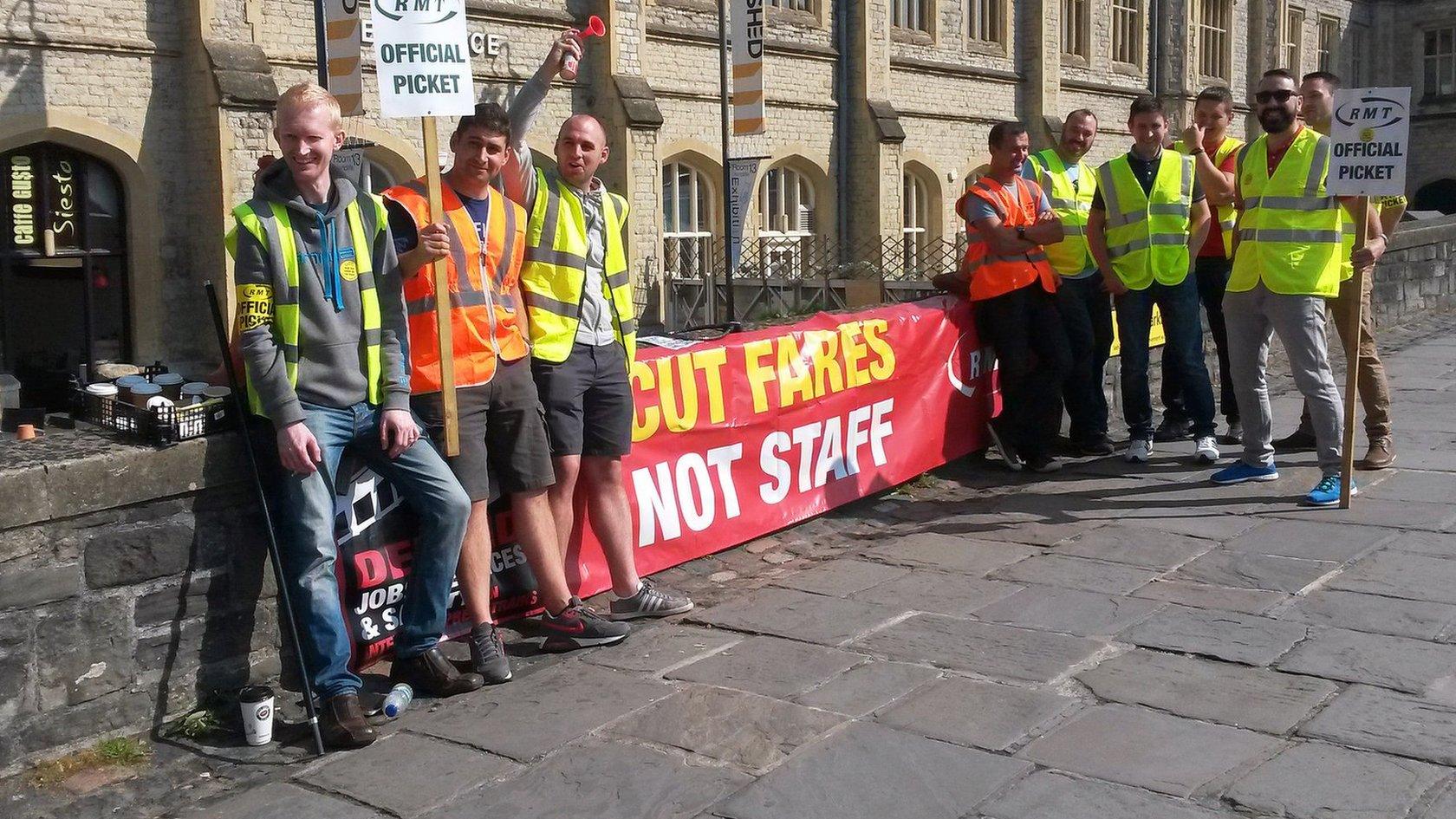First Great Western strike ends but delays continue
- Published
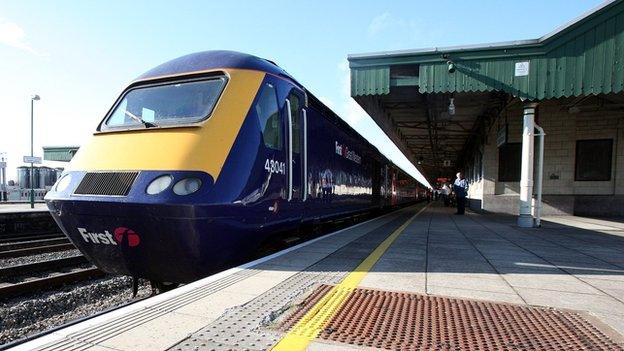
FGW operated a revised timetable and has warned that trains will be much busier than usual
A 48-hour strike on First Great Western (FGW) trains has officially ended but delays are expected to continue.
High-speed services between London, the West of England and Wales were limited on Friday, after RMT union members walked out on Wednesday.
They fear guards and buffet cars will be disposed of on FGW's new fleet of Hitachi Inter City Express trains.
The union said the support had been "rock solid". FGW believe services will be back to normal by Saturday morning.
It said two thirds of services had been running during the strike.
Elsewhere in the country, Southern Railway engineers have suspended a five-day strike planned to begin on Sunday.
'Determined to talk'
According to the RMT union, about 2,000 members of staff went on strike across the FGW network.
A spokesman said: "The message from FGW staff has rung out loud and clear and it is now down to the company to get back round the table and give us the very basic assurances on jobs, services and safety that RMT has been calling for."
FGW said, despite a revised timetable and warnings of much busier trains, more than 60% of services operated as normal on Thursday.
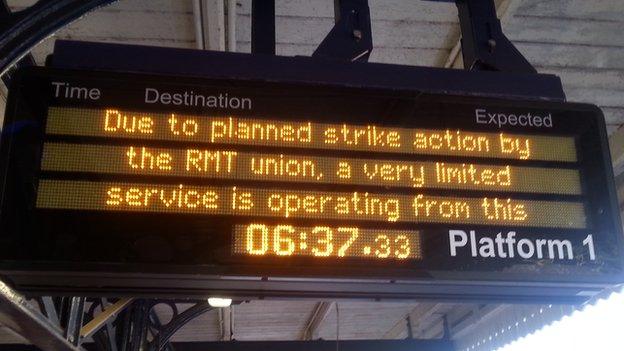
FGW said it is "determined to continue talking to the RMT
The company advised people travelling on its services on Friday to check times for last trains as they will be "significantly earlier than usual".
In an open letter to passengers, FGW managing director Mark Hopwood said he was "determined to continue talking to the RMT to try and find a way to resolve this matter."
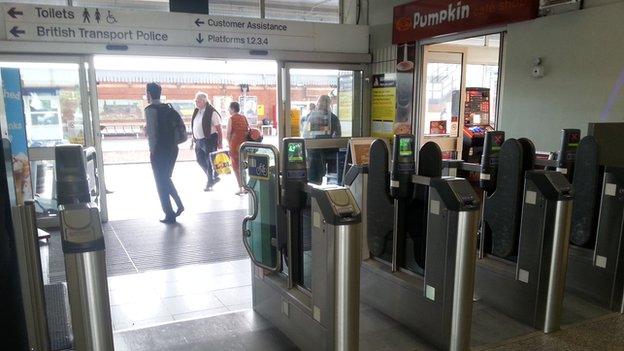
Gloucester station was less busy than usual on Friday morning
Transport Secretary Patrick McLoughlin described the strike as "unnecessary" and said it "threatens massive disruption and benefits no-one".
Many stations and trains were less busy than usual on Friday morning, with some passengers choosing to stay at home rather than attempt to travel.
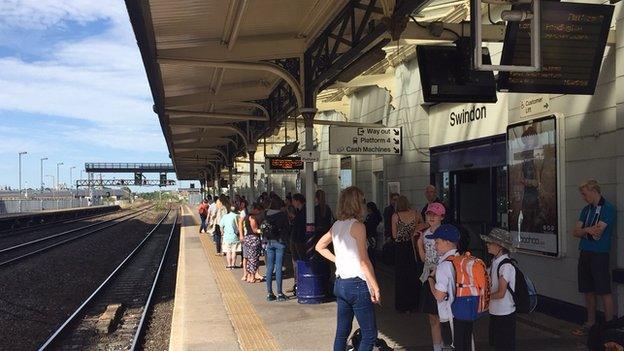
Swindon station was moderately crowded as passengers waited for a train to London
Meanwhile another union has said it will ballot its 300 members at FGW on "action short of a strike". The Transport Salaried Staffs' Association accused the company of taking a "high handed" approach to managers during this week's walkout.
The company said the "ballot of a small minority of our managers" was "not expected to have an impact on passengers".
- Published10 July 2015
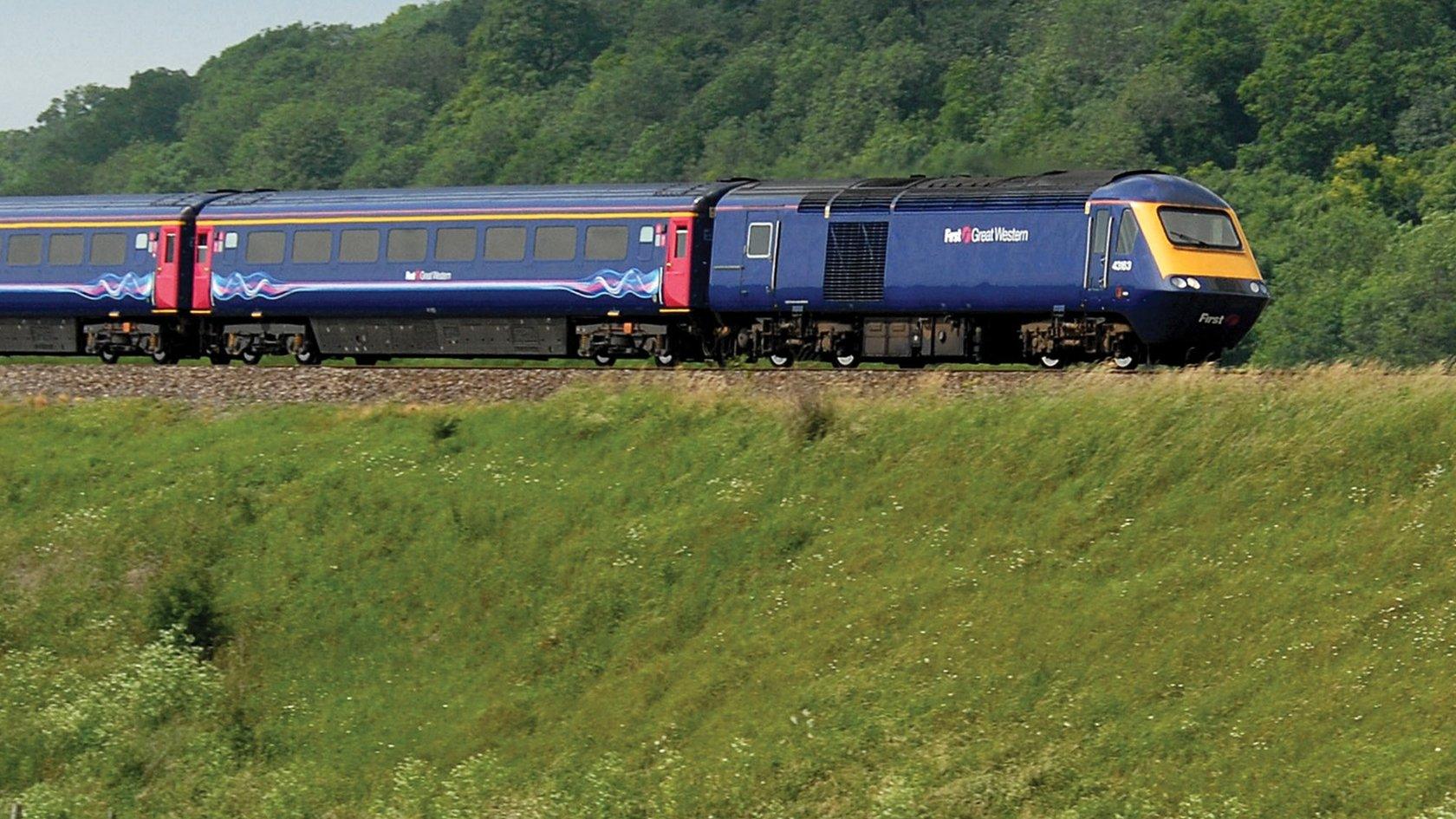
- Published9 July 2015
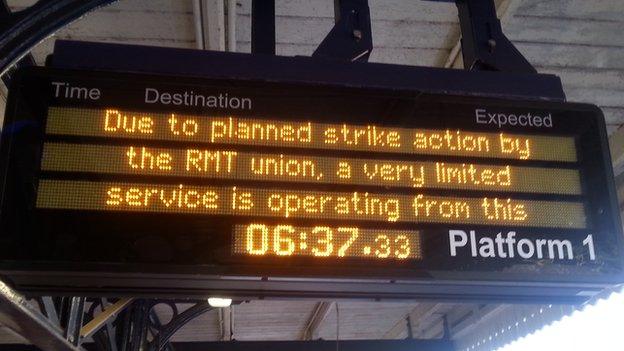
- Published9 July 2015
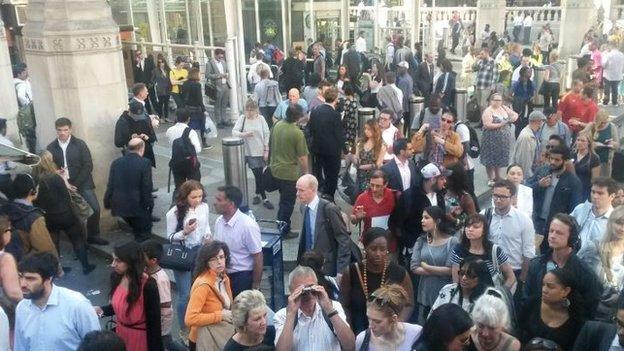
- Published30 June 2015
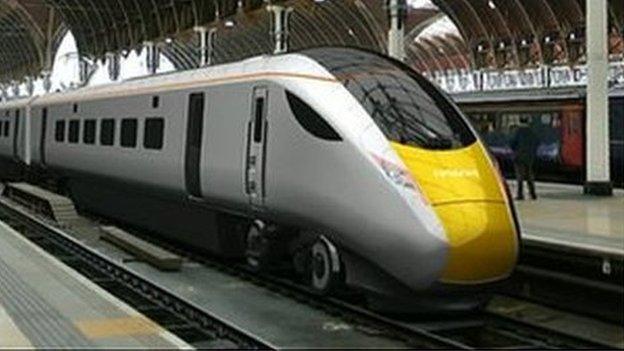
- Published6 July 2015
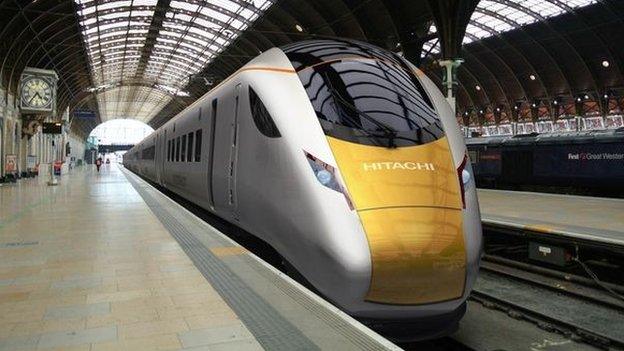
- Published23 March 2015
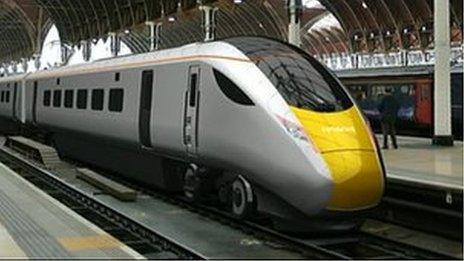
- Published12 March 2015
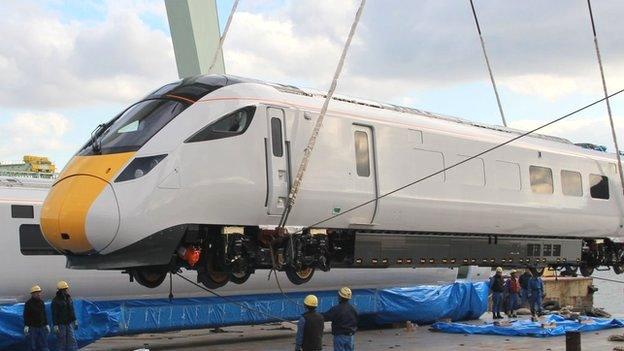
- Published8 April 2015

- Published12 March 2015
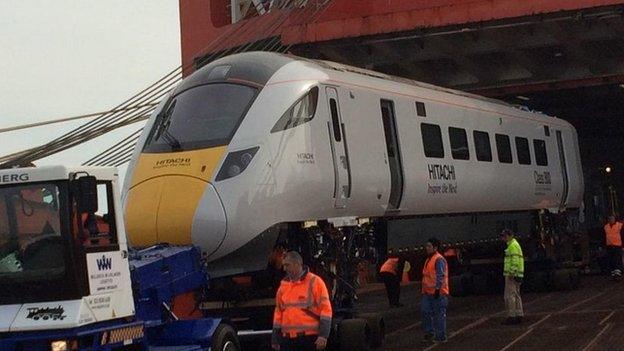
- Published9 July 2015
